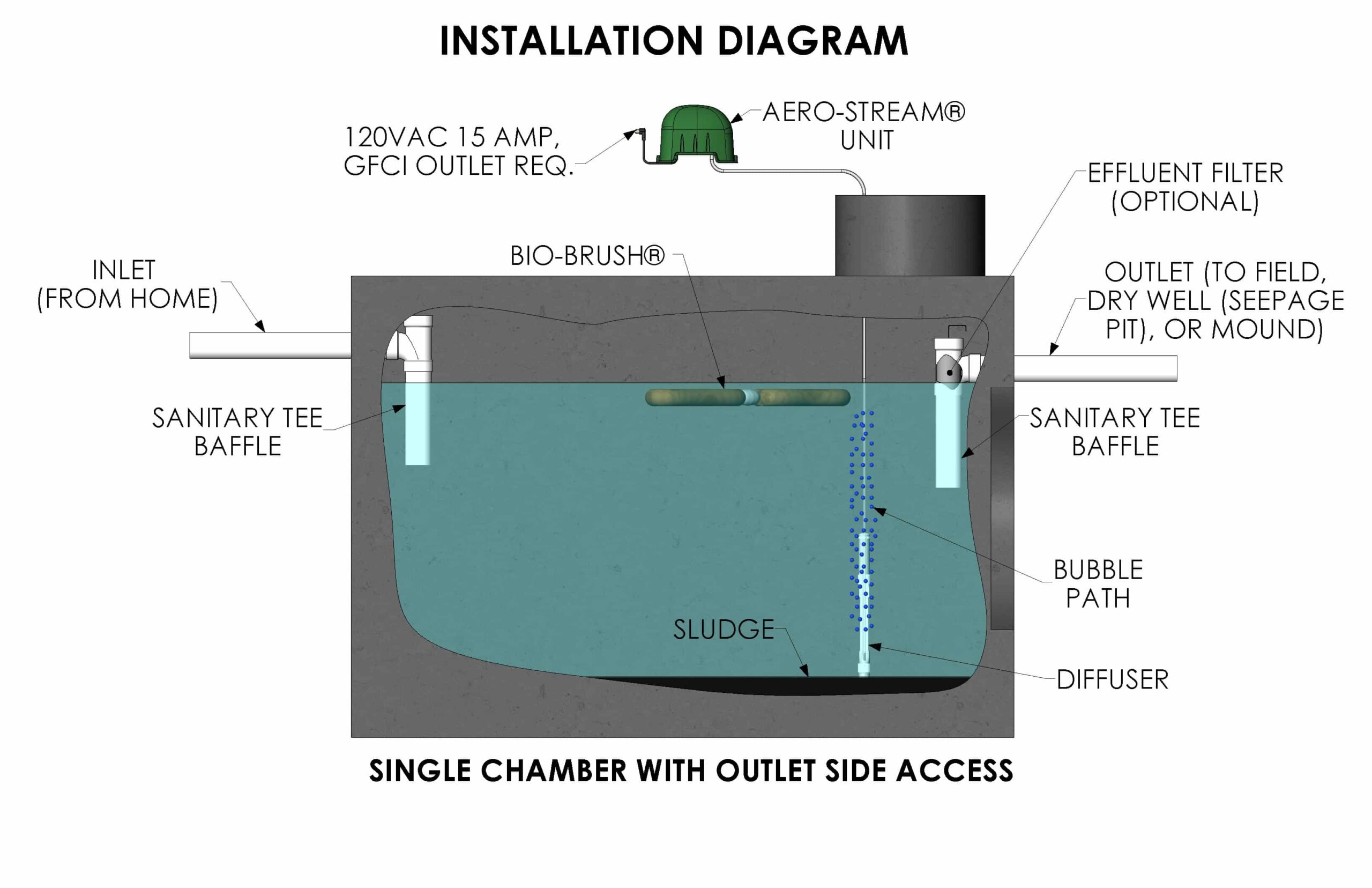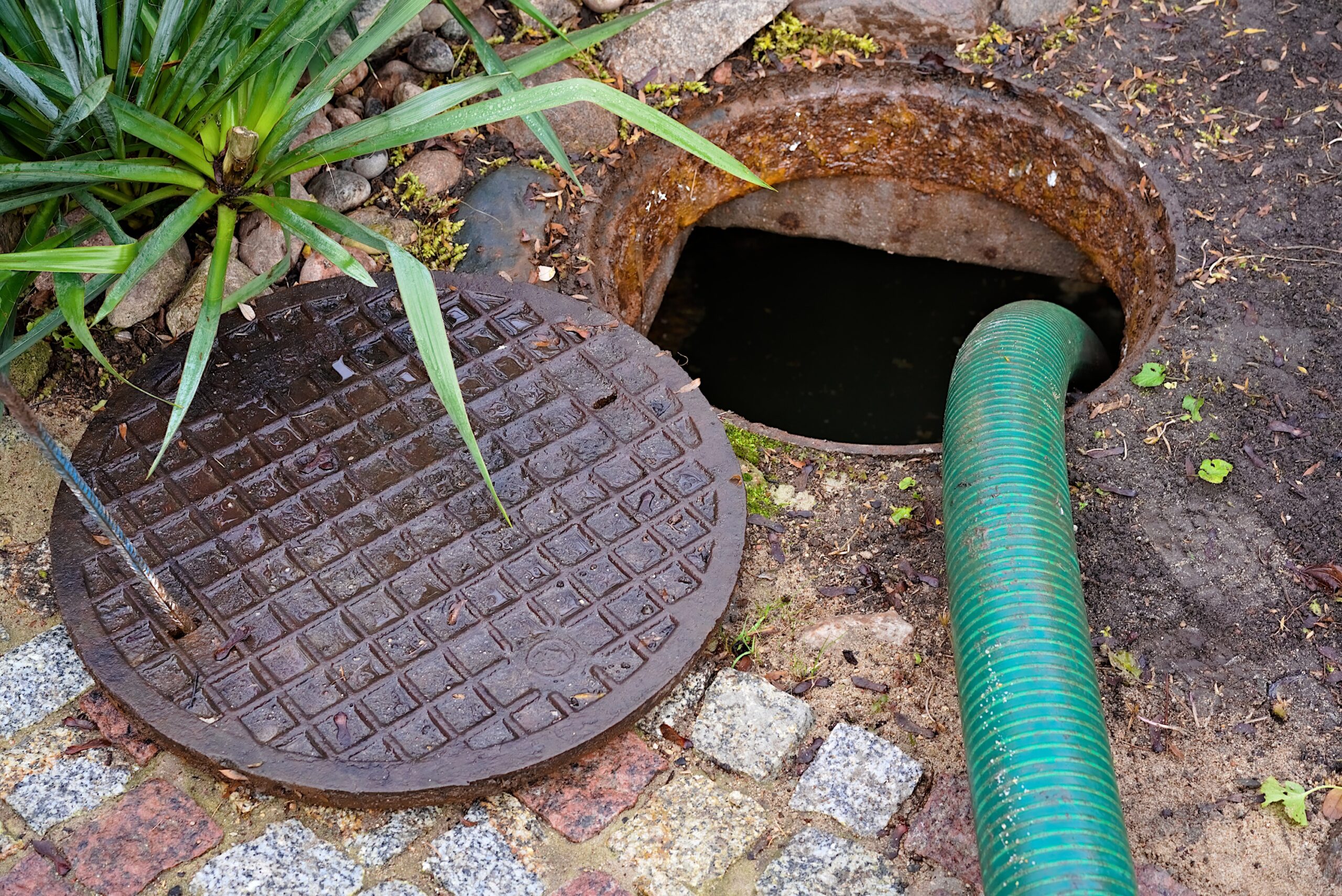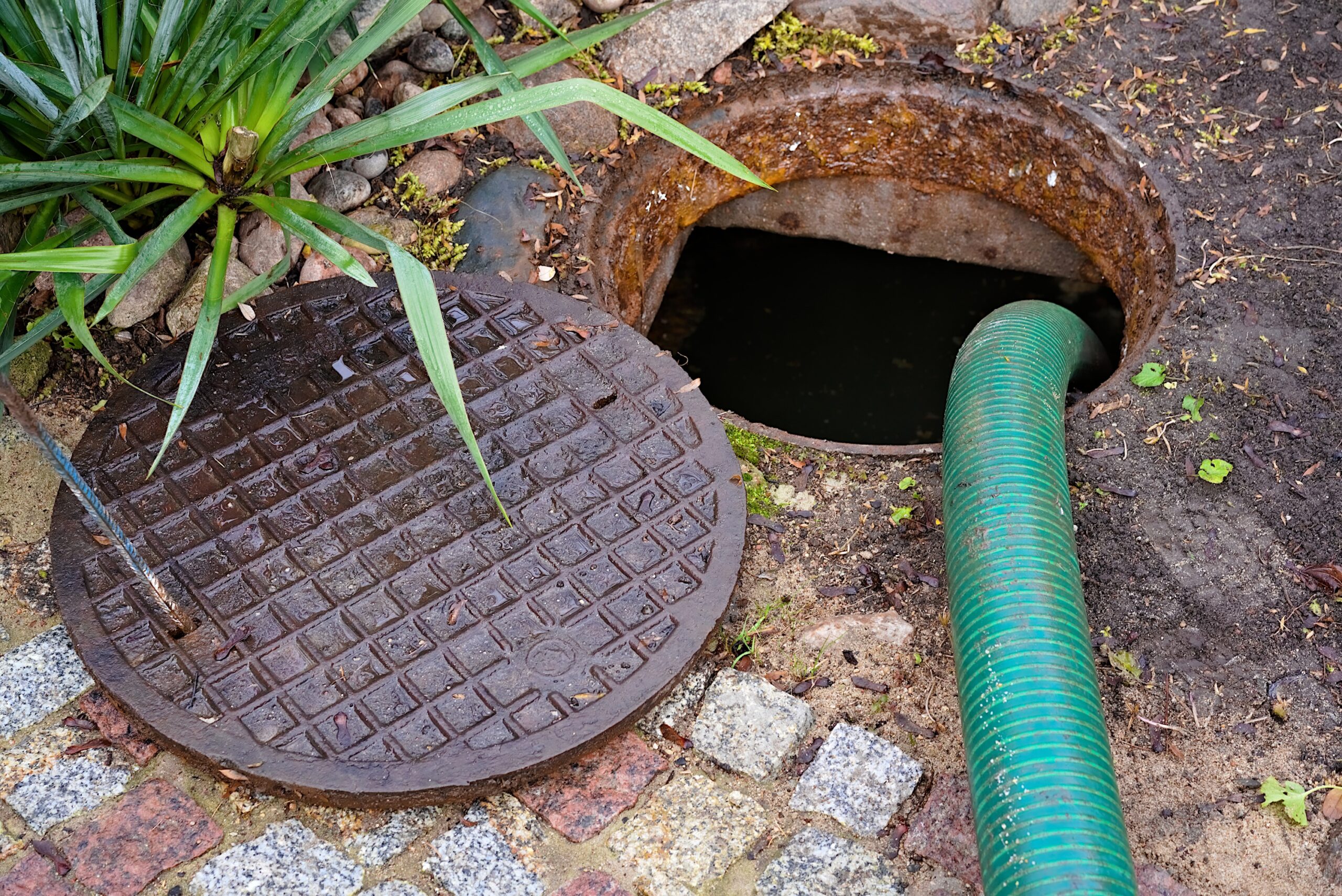Local, state and federal environmental officials across the country are cracking down on homeowners with poorly functioning septic systems in efforts to prevent contamination of streams, rivers, lakes and other bodies of water. Some areas are offering matching funds and loans for repairs and remediation, while other counties are taking steps to enforce laws currently on the books regarding the upkeep and maintenance of septic tank systems.
Unsafe Pollution Levels Drive Concern
In Greenville, South Carolina, failed septic systems are blamed for unsafe pollution levels in the Saluda River. Overall, South Carolina contains more than 1,000 contaminated bodies of water. The state does not require inspections of home septic systems; however, it does investigate reports of failed systems and can intervene if homeowners do not remediate septic tanks and systems. The current pollution levels in South Carolina are likely to generate increased investigation efforts by state and local officials.
Ohio residents may soon see tougher rules for home septic systems thanks to the efforts of the Ohio General Assembly. The new legislation will establish guidelines for the installation of new septic systems. Most existing systems will be exempted from the new rules; however, homeowners with septic tanks and drain fields that do not pass inspection may be required to undertake costly replacements or upgrades to their current systems.
The state of Oregon may lose over $1 million in federal funding due to its failure to adequately protect coastal waters from the damaging effects of failed septic systems, industrial activities and runoff from storm water drainage systems. That figure could jump to $4 million if these issues are not addressed within the time period set out by the EPA and the National Oceanic and Atmospheric Administration. Oregon has already taken steps to address this problem and to require replacement of failed systems at the expense of property owners.
Greater Oversight Powers Granted to Government Agencies
For homeowners, these stories are part of a larger trend that includes greater oversight and inspection authority for local, state and federal agencies and an increased need to remediate current systems to avoid these unwanted intrusions.
Many septic tank problems can be prevented by changing the way home septic systems process waste. In a typical home system, anaerobic bacteria do much of the heavy lifting in breaking down particulate matter and removing contaminants from the wastewater processed. Upgrading these bacterial colonies to safer, more efficient aerobic bacterial processing requires the installation of a septic aerator to provide the oxygen needed by these bioorganisms. Aerobic septic systems have been shown to be safe and effective in boosting the cleaning capacity of home tanks and drain fields. Companies like Aero-Stream deliver cost-effective and practical solutions that can help homeowners avoid the cost of full replacement and upgrade the performance of their systems with cleaner aerobic bacterial action.











